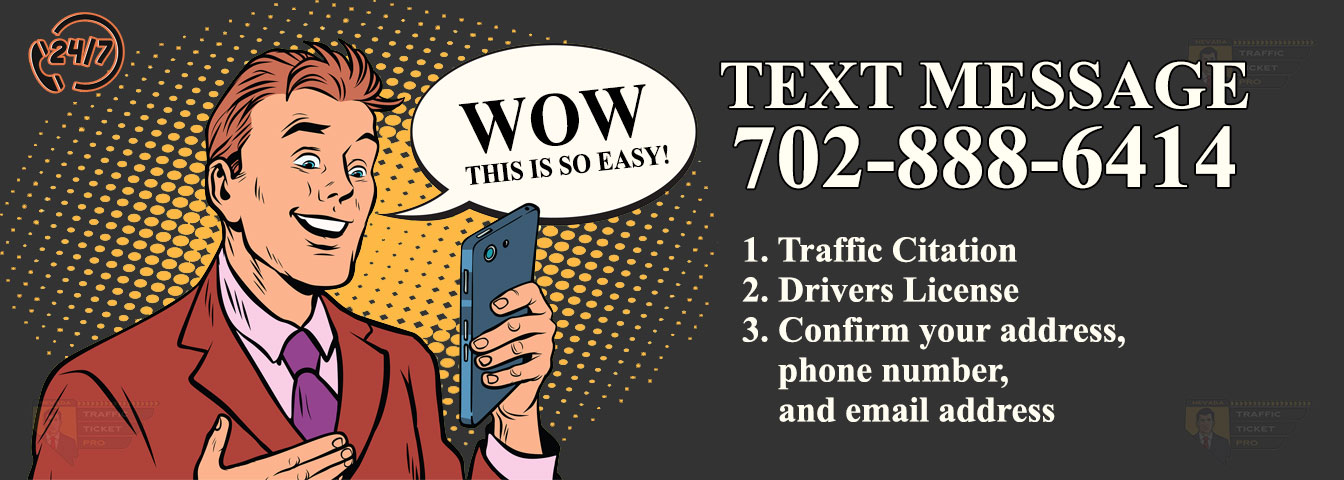Writing Down What Happened in a Car Accident
In a world of laptops and mobile devices, pens and papers may seem obsolete. But actually, they are far better in terms of retaining what you want to remember. There’s a study about this, really. Note-taking can boost memory, allowing the brain to retain more information or understand certain concepts. Which brings us to this point.
Jotting down what happened following a car accident paves way for a more accurate account of the events that unfolded. Note-taking is better than solely relying on memory and then recalling it to mind.
With the frailty of the human memory, we tend to forget things deemed important details of the car accident. However, as time passes, we are likely to miss out on the key particulars. As a result, we fail to communicate these details to law enforcement officers or the insurance provider.
Admittedly writing down notes may be the last thing that comes to mind following a car accident. But this shouldn’t be the case. Jotting the details down can spell the difference between securing your lawful claim for compensation and losing it out in a lengthy, painful legal battle.
That being said, here are simple tips on taking down the important information following a car accident.
Write It Down ASAP
Following a car accident, your paramount concern should be your safety and well-being as well as that of others. After making sure everyone is safe or has been medically attended by EMT, begin your jotting down process.
When writing down the details of the car accident, do it like a play-by-play narration of the events. Start from the few moments before the accident, progressing into the accounts during and after the unfortunate event. The trick is to recount the events as if you’re a sportscaster or observer.
Make sure you have the basic details like time, date, and place of the car accident. If you can, get the names of those involved too as well as the witnesses.
Don’t focus to highlight the circumstances surrounding the event. For instance, were the roads slippery that day? Were there a lot of cars? How fast were they going?
Also, whenever possible, take photos of the scene of the accident, focusing on the damage of your vehicle. Pictures are very helpful in corroborating your narrative.
Jot Down Your Injuries or Damage
Were you injured as a result of the car accident? If you observed bruises, sprain, or any pain following the collision, write them down as detailed as possible. Include injuries of a non-physical nature such as depression, anxiety, and loss of sleep. There may be conditions or symptoms that develop days, weeks, or months after the accident. Record them as well.
The sooner you record these details, the more you can set forth on paper. More may mean credible, which the court will appreciate. In support of your statements, seek medical intervention, and have a certificate issued ascertaining these injuries.
Keep Track of Your Expenses and Losses
Take note of the missed workdays, expenses incurred for the treatment, and other lost economic or financial opportunities. Should you pursue legal action to recover compensation for damages, these notes can be very helpful.
Seek Legal Representation
If you figured in a car accident, it is highly recommended that you seek legal representation from an experienced lawyer. A qualified attorney can help protect your interest and ensure that your rights are protected.




